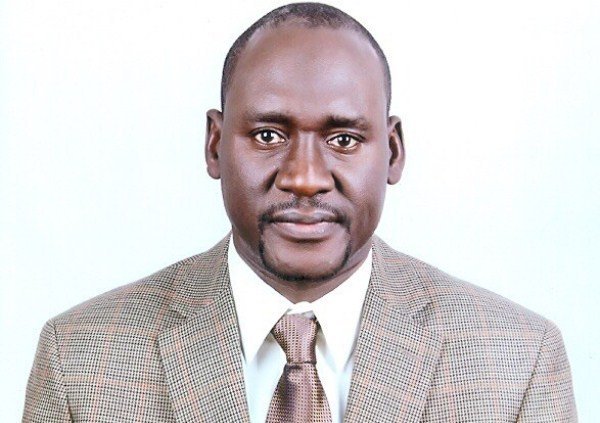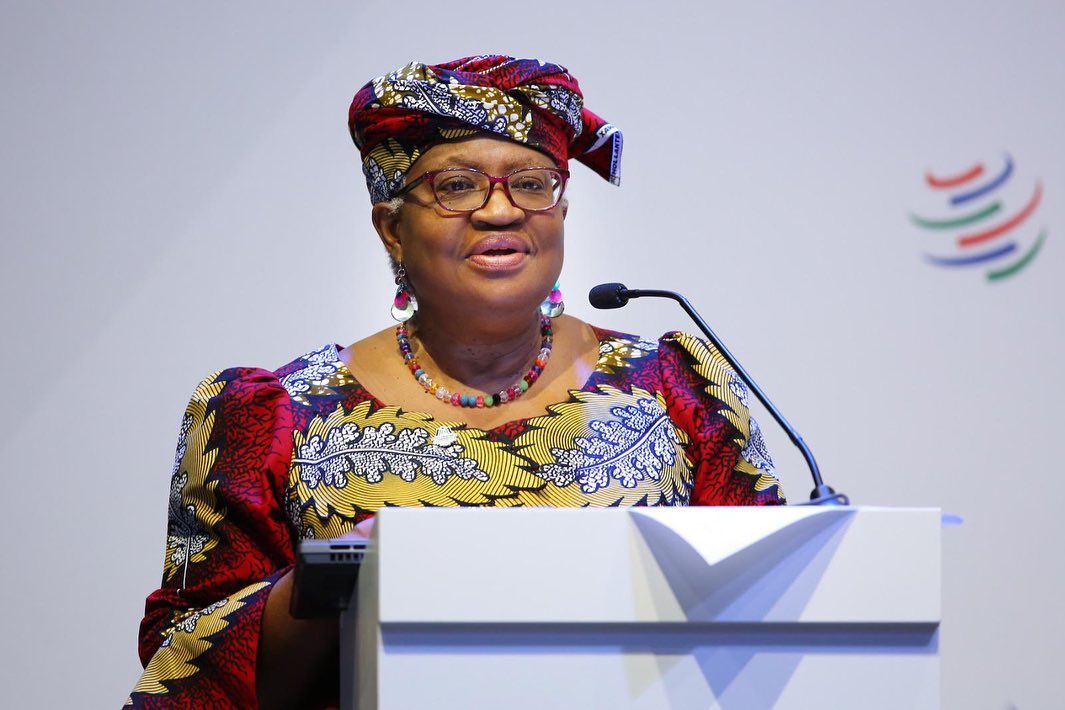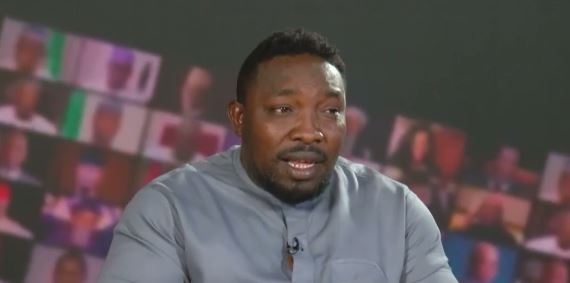The Head of Transparency International in Nigeria and Director of the Civil Society Legislative Advocacy Centre, Musa Rafsanjani, speaks on the FG’s looters’ list, election-rigging confession and other issues, in this interview with Punch. Read excerpts below…
The Federal Government has released some names of alleged treasury looters. Do you think this is a step in the right direction for Nigeria?
Absolutely, I don’t think there is anything wrong in publishing names of people that have actually looted the resources of the country. They have plunged us into the misery we now find ourselves. If these persons were investigated and found to have committed that offence, it was right for their names to be disclosed.
However, I have my reservations about the decision to publish their names. First, why has it taken the Federal Government so long to publish the names? The names were published months to the election season and the first interpretation Nigerians gave to the scenario was that it was a political witch-hunt.
Another issue is that the list is not comprehensive. The government did not include members of the ruling party being investigated for corruption. Therefore, people are likely to, again, give the list a political interpretation. When the people have this feeling, the effect the Federal Government expected the disclosure to have is already lost.
For me, the timing of the list is not appropriate and the list is not comprehensive. We know that in Nigeria, there are lots of people who have also looted this country at the local and state government levels. Last year, I know that there was a court ruling mandating the Federal Government to publish the names of the looters. But the government did not immediately do that. The government must revisit the list and see that it includes those persons from its own political party also.
Some Nigerians believe that the list is one-sided, and therefore, not credible. Do you agree with this?
Some of these people have confessed and they have even promised to return the looted funds. The only thing is that the Federal Government must not allow political considerations in the compilation of an investigation into people who looted the country’s treasury. This is a very important national task that should not be mixed with politics.
I think like the court has ruled, the government must bring out a comprehensive list of the looters. The government must be sincere in its identification of the looters. The government must not allow these officials to hide under their party. There are even some looters who neither belong to the Peoples Democratic Party nor to the All Progressives Congress; they are civil servants. This is why the government must not be found playing politics with its investigations into the loot. But whatever the case, anyone who has looted this country must not be allowed to go scot-free. Otherwise, the very important work of sanitising the country will be watered down.
Some of the alleged looters have said their cases were still in court, arguing that it was improper for the government to publish their names. Do you share this view?
No, but they are confessed looters because some or many of them have agreed to return the money. So, nobody should hide under the guise of court. Publishing the names of only the PDP members did not exonerate them from committing the offence against this country. Some of the PDP members have confessed to the looting and have even offered in recent past to return their loot.
We need to separate the two facts – that the looters have indeed offered to return the money and that the Federal Government still has more names to publish.
Some Nigerians also argue that the Federal Government’s recovery of loot from corrupt officials has not translated into any meaningful socio-economic or infrastructural development in the country. Do you think our government is utilising the recovery adequately?
One of the things we have always advocated is for the government to have a comprehensive asset recovery management system, which Nigeria does not have presently. So, you have various agencies recovering money and some funds are still awaiting court processes.
Some money has been recovered but there is no concrete information on how it is being used. It is not just money; there are properties, such as houses and land. So, we need to have an asset management system which would collate the recovered loot and manage them properly. The civil society supports the government to recover more loot but there must be a clear framework as to how this loot is being utilised.
First, the recovered assets must not be allowed to be looted again by officials of the present government. We want the government to set up an integrity trust fund, which would assess the recovered loot and channel it for the benefits of Nigerians, particularly in those areas where we are lagging behind. These areas are education, health, water and sanitation and other areas needing urgent investments. Nigerians will be the direct beneficiaries when these areas are catered to with the loot.
But if the Federal Government goes to hide the loot inside the budget and under some suspicious sub-heads, it means the loot has not really touched the lives of Nigerians positively. The government must not only recover the loot, it must have an articulated plan on how to utilise it.
Looking at the recurring insecurity situation in Taraba, Benue and Adamawa states, the military has been accused of not going tough on the killer herdsmen. From your research, what is really happening in this region?
The incidents in Taraba, Benue, Zamfara and even Kaduna have been part of a lingering crisis. Over 40 people were recently killed in Zamfara and more in Taraba, Adamawa, Benue and Kaduna. I think the summary is that there is violence by some people who are being recruited all over to destroy and destabilise this country, and put all of us in serious chaos.
Our security agencies should be able to point out the killers and others responsible for the crisis. These killers are not invisible. There is something wrong with our security architecture. Some people are taking advantage of the lapses we have in our security agencies to perpetrate this crime against humanity. And because it is the government that has the primary responsibility to secure lives and property, we must continue to hold the government responsible for the incidence of killings. Whoever that is behind the killings, whether merchants of violence, politicians or militias, must be stopped. It is unacceptable.
The killings going on in these different states are very organised and done professionally by people who have planned to execute and terminate people, irrespective of their ethnic group or religion. Therefore, whatever group the killers belong to, they must be arrested and prosecuted by the security agencies.
Former President Olusegun Obasanjo again attacked President Muhammadu Buhari on Monday, saying this administration is a failure as a result of the insecurity and the ailing economy. What is your reaction?
First and foremost, and with due respect to the former President, I think he is entitled to his opinions. But Nigerians have also not forgotten that during his own government, the level of performance was not better than now. As a former president and elder statesman, he is entitled to criticise the government whenever the government is doing the wrong things. One thing I like about Obasanjo is his ability and courage to say his mind without fear. But in terms of performance, I don’t think many Nigerians will say Obasanjo’s administration was better in infrastructure than what we have now. His government wasted more than N16bn on power and a lot of corruption scandals also stained that administration.
But what is important in all of this is that if the government is not doing the right thing, people like Obasanjo and other elder statesmen should tell the government what they should do. In that context, we can appreciate Obasanjo because he has the capacity to tell the government the truth, but we cannot describe his administration as better than the present situation.
A former Deputy Senate President, Ibrahim Mantu, confessed last week that he helped the Peoples Democratic Party to rig past elections. What do you think should follow such confessions?
We have always known that in the past and until maybe, the 2015 elections, politicians were actually using their positions to undermine electoral transparency in Nigeria by engaging in electoral fraud. They engage in all sorts of rigging to get into power. What Mantu confessed to was just to confirm what Nigerians have always believed about what politicians use their money to do during elections.
What is important in this confession is that we must deepen democracy. Nigerians must begin to demand accountability during and after the electoral process. Most of the leaders actually indulge in rigging and they know. Mantu was only one of the few to confess his own role in the crime. What is important is that we don’t allow this practice to occur again. We must not allow this criminal perpetration again.
The 2015 elections were still adjudged as relatively credible. What should the Federal Government do to achieve another credible election in 2019?
One, Nigerians must be allowed to participate in the process by getting registered and getting their Permanent Voter Card and without any hitch. The government must ensure that all the logistics the Independent National Electoral Commission requires are provided.
The government must also allow the opposition to campaign and be protected from every harassment and intimidation. That is democracy. Also, political parties must ensure internal democracy and ensure that aspirants from their parties are not handpicked but popularly selected.
























